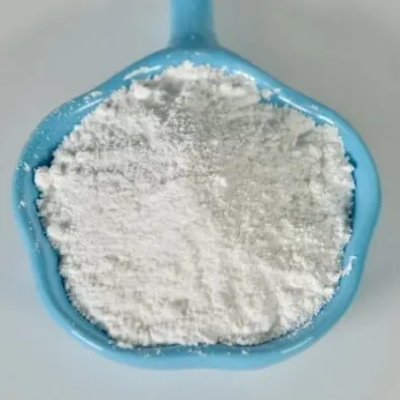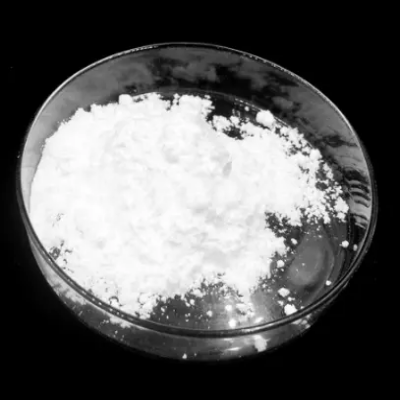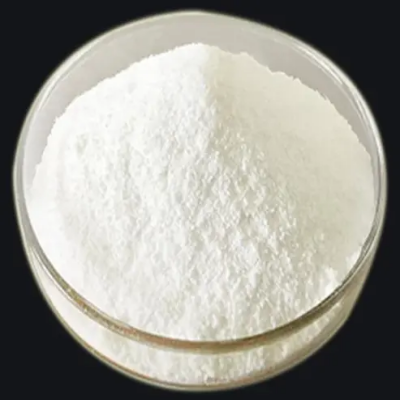[1,3-Bis(diphenylphosphino)propane]nickel(II) chloride CAS:15629-92-2
[1,3-Bis(diphenylphosphino)propane]nickel(II) chloride finds extensive applications in catalysis and organic transformations, owing to its versatile coordination chemistry and catalytic activity. Cross-Coupling Reactions: Ni(dppp)Cl₂ serves as a catalyst in cross-coupling reactions, facilitating the formation of carbon-carbon bonds through processes like the Kumada, Negishi, and Suzuki-Miyaura couplings. These transformations are essential in the synthesis of pharmaceuticals, agrochemicals, and fine chemicals. Hydrogenation: The complex catalyzes hydrogenation reactions, enabling the selective reduction of unsaturated bonds in organic molecules. This process is crucial in the production of fine chemicals and pharmaceutical intermediates. Alkene Isomerization: Ni(dppp)Cl₂ promotes alkene isomerization reactions, facilitating the rearrangement of double bonds within organic substrates. This transformation is valuable in organic synthesis for accessing different structural isomers. Asymmetric Catalysis: The complex participates in asymmetric catalysis, promoting enantioselective transformations. This application is significant in the synthesis of chiral molecules with high optical purity, important in pharmaceutical and agrochemical industries. Carbon-Carbon Bond Activation: Ni(dppp)Cl₂ is involved in carbon-carbon bond activation reactions, enabling the cleavage and functionalization of carbon-carbon bonds in organic substrates. This capability expands the synthetic toolbox for accessing diverse molecular architectures. Allylic Substitution: The complex catalyzes allylic substitution reactions, allowing the selective modification of allylic positions in organic molecules with nucleophiles or electrophiles. This process is valuable in the synthesis of natural products and pharmaceuticals. C-H Activation: Ni(dppp)Cl₂ facilitates C-H activation reactions, enabling the direct functionalization of carbon-hydrogen bonds in organic molecules. This methodology offers a streamlined approach to synthesizing complex compounds. Polymerization: The complex is employed in polymerization reactions, particularly in the polymerization of olefins like ethylene and propylene. It contributes to the production of polyolefins with controlled molecular weights and architectures, essential in plastics manufacturing. In summary, [1,3-Bis(diphenylphosphino)propane]nickel(II) chloride is a versatile catalyst with broad utility in organic synthesis and catalysis. Its ability to facilitate a wide range of transformations underscores its importance in modern organometallic chemistry and materials science.



| Composition | C27H26Cl2NiP2 |
| Assay | 99% |
| Appearance | white powder |
| CAS No. | 15629-92-2 |
| Packing | Small and bulk |
| Shelf Life | 2 years |
| Storage | Store in cool and dry area |
| Certification | ISO. |


![[1,3-Bis(diphenylphosphino)propane]nickel(II) chloride CAS:15629-92-2 Featured Image](https://cdn.globalso.com/xindaobiotech/@KXYTC_DK6YAW1Z7LU93.png)
![[1,3-Bis(diphenylphosphino)propane]nickel(II) chloride CAS:15629-92-2](https://cdn.globalso.com/xindaobiotech/@KXYTC_DK6YAW1Z7LU93-300x300.png)





